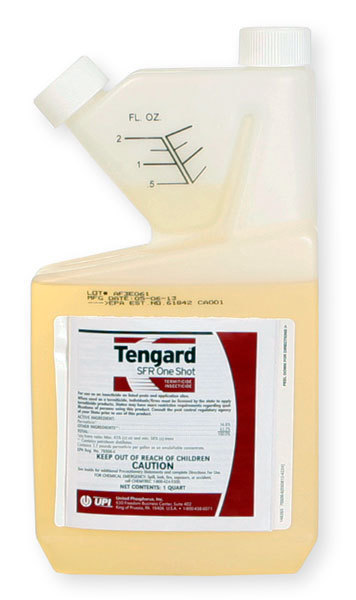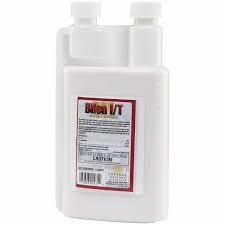Insect & Disease Control for Gardens
Even in the best-managed vegetable gardens--ones with soil rich in compost, and a diversity of plants to encourage natural predators--certain pests will occasionally get out of hand.
There is a nugget of truth in the old maxim that insects are most likely to gang up on plants that are already unhealthy because of a soil nutrient imbalance or drought. This is the case, for examply, with some aphid outbreaks. Unfortunately, the maxim doesn't come close to explaining all our pest problems.
For instance, vegetables are bred largely for yield and flavor, often at the expense of natural resistance to pests. Furthermore, all vegetables are tender and nutritious, and this fact is not lost on a wide array of insects. With cabbageworms, hornworms, bean beetles, and Colorado potato beetles, the better you've made the soil, the more they like your vegetables.
If these or similar insects are in your neighborhood and you are growing their favorite crops, you are almost certain to have a pest outbreak. Given these realities, what should you do? Most likely you'll consider using some kind of insecticide.
Integrated Pest Management
Vegetable garden pest control begins with basic good gardening common sense, such as choosing varieties that are resistant to pests in your region, preparing the soil well and providing regular irrigation.
It helps to have in your garden a diversity of plants and habitats. Water, even a very small pond, is attractive to many insects and other creatures. Likewise, an abundance of flowering, nectar-bearing plants will encourage and sustain parasitic and predatory insects.
The next step in a least-toxic pest control strategy is to employ barriers, such as row covers, to exclude pests altogether. Using a pesticide, any pesticide, is always the measure of last resort. You spray or dust late in the game, when the pest insect is clearly way out of control and an important crop is at risk.
When a pest first arrives, or when prior experience tells you it soon will, the best approach is to develop a strategy of control. Integrated pest management (IPM) is a pest problem-solving process that includes considerations such as pesticide resistance, natural biological controls and pollution, in addition to problems caused by the pest. IPM integrates many pest-control methods and minimizes insecticide use, particularly of the more toxic, broad-spectrum kinds.
When a problem does occur, it is essential to correctly identify the cause. The beetle you see near a hole in a leaf may be a predator. But if it is damaging your plants, simply pick it off. Also consider that doing nothing at all--letting nature take its course--is often the best approach. Always use simple, noninvasive remedies first.

